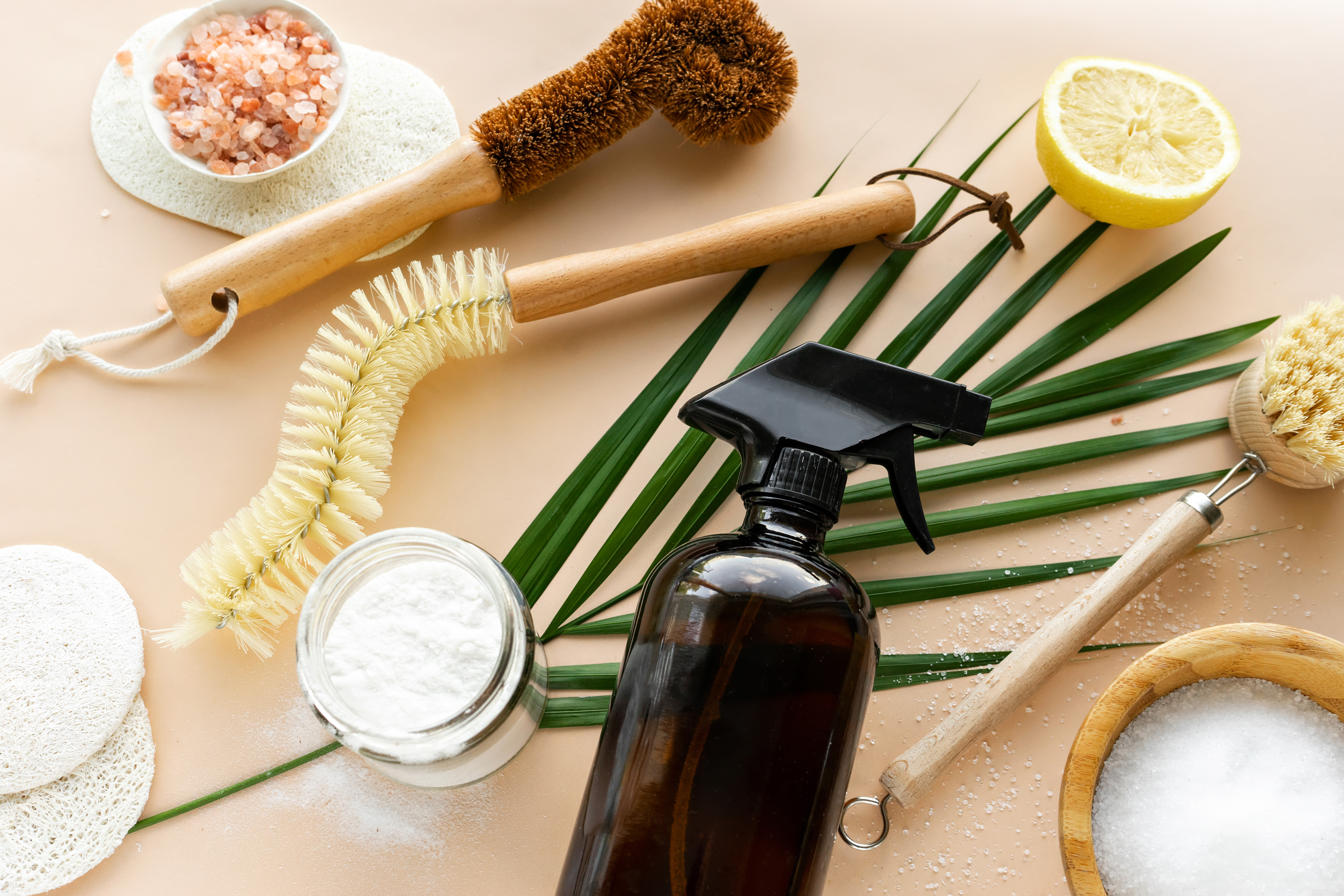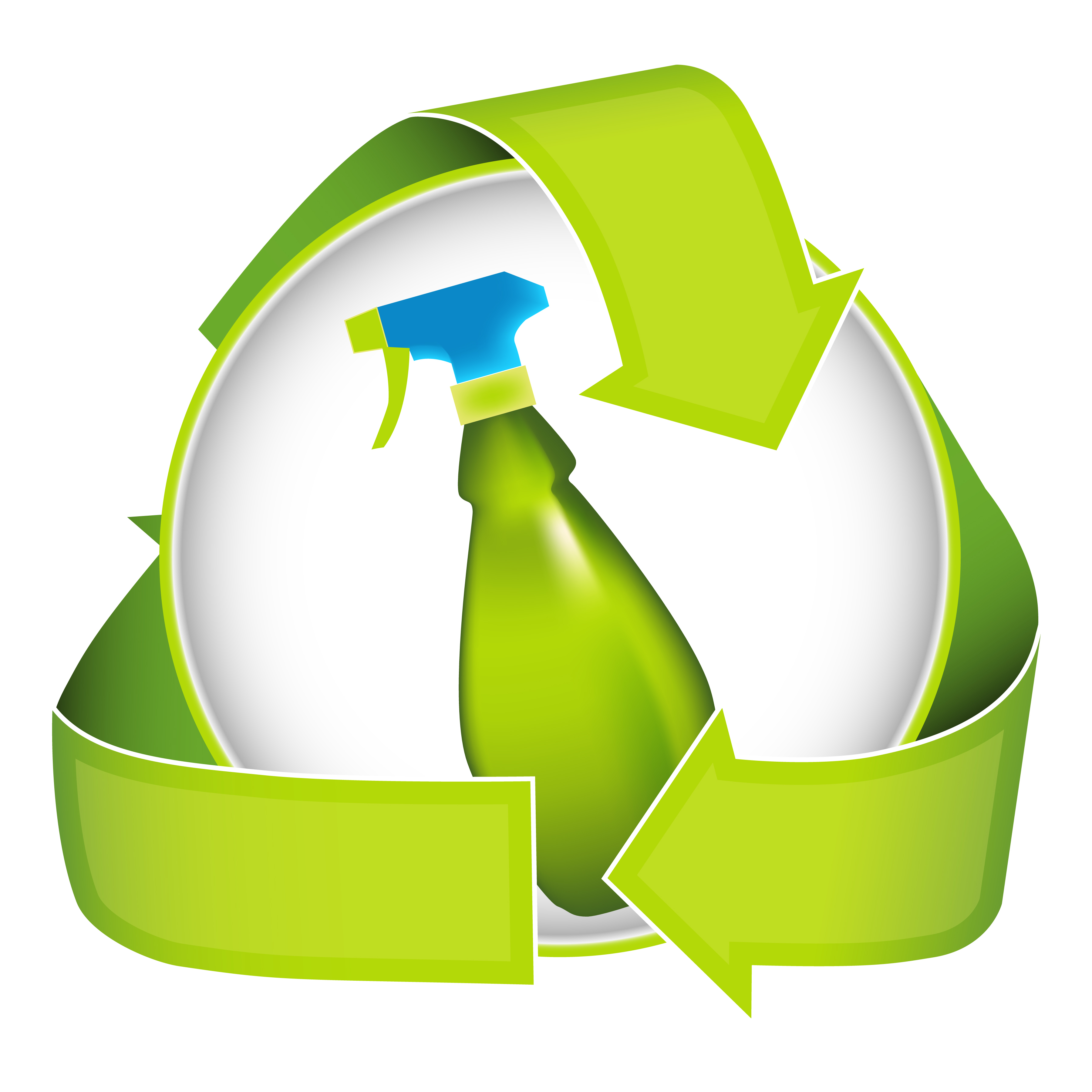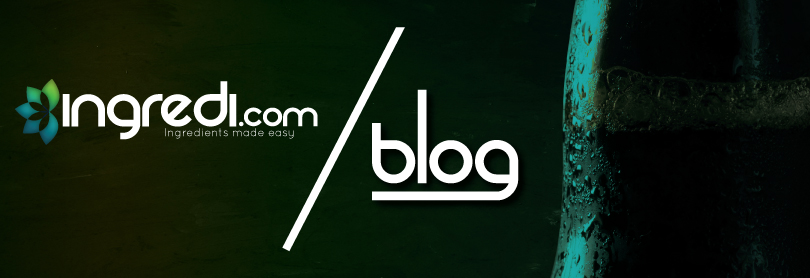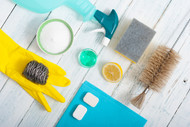Green Cleaning With Citric Acid
By on Nov 6th 2020

Green cleaning is the process of using chemicals that are found naturally and are more environmentally friendly. Something important to think about is where the chemicals go when you’re done using them. Often harsh chemicals are just washed down the drain when they are done being used. This could potentially damage the local ecosystem and water supplies. That is why it’s important to use chemicals that are found naturally and do not do a lot of damage to our environment.
Most common household cleaners have a lot of downsides. Often, they can contain chemicals with impurities that have carcinogen properties. A common impurity that occurs is 1,4-dioxane. 1,4-dioxane is a known carcinogen that could cause cancer. Another problem with cleaners is the fumes that often trigger asthma attacks or could even damage your lungs. Cleaners could also potentially cause birth defects. In one study, mothers who worked as cleaners were more likely to have kids that developed birth defects. Although it can be necessary to use strong chemicals, these risks need to be considered, especially in the home.
Citric Acid as a Cleaning Agent
So how does citric acid fit into this? Citric acid is a naturally occurring acid found in fruits and is made industrially by microbial production using a mold. Citric acid has antibacterial properties, this means that it will kill most bacteria that it meets. This makes citric acid great for cleaning areas that should not have a lot of bacteria. Another important quality that it possesses is its ability to inactive or destroy Viruses. This means that citric acid can be used in some hand sanitizers and similar products to potentially damage viruses or destroy viruses. It is also added to some food to treat noroviruses, a common foodborne illness.
Citric acid is also an excellent chelating agent. This simply means that citric acid binds with metals and make them soluble or able to be dissolved. Therefore, citric acid can also be used to remove iron stains, rust, heavy metals, and soap scum. Citric acid dissolves these metals and allows them to be washed away.
DIY Green Cleaner

Creating a citric acid solution is easy. The general rule is one pound of citric acid to two pints of distilled water. You can vary the amount of citric acid depending on your need. Although citric acid can be used to clean metal it is recommended that you place the citric acid in a non-metal bowl and have a non-metal utensil to stir. Next you are going to need to boil the two pints of distilled water. Once the water is boiling carefully pour the water into the bowl with citric acid and mix. Once mixed you may want to use a fine filter to remove any non-dissolved citric acid crystals. Now that you have your citric acid solution it is important to store it in an airtight container until it is ready to be used. It could be used with a cloth and bucket or be used in a spray bottle.
Citric Acid Cleaner Dos & Don'ts
So, what are some places to uses a citric acid cleaner? First let’s start with the kitchen. Citric acid can be used to clean appliances like a refrigerator, dishwasher, and microwave. Citric acid also has a very pleasant smell that is desirable in the kitchen. Its ability to bind with soap scum and remove heavy metals also makes it ideal to use on glasses and plates that you want to keep shiny, although it is not a direct substitute for dish soap. In the bathroom citric acid shines, literally. It can be used on bathroom fixtures, the tube, the shower curtain, toilet, and anywhere there is soap scum and limescale. Some things that should be avoided are counter tops that are made from granite or marble, and anything containing brass.
Here at Ingredi.com we've got you covered! We sell a variety of different types of citric acid.
Citric Acid Anhydrous FCC/USP Non-GMO | 50 lbs Bag
Citric Acid Fine Granular FCC/USP | 50 lbs Bag
Citric Acid 50% Solution | 555 lbs Drum
Don't forget to check out our Bulk Pricing option for even more savings.
Sources:
https://pubchem.ncbi.nlm.nih.gov/compound/Citric-acid
https://www.thespruce.com/citric-acid-safety-clean...
https://www.ncbi.nlm.nih.gov/pmc/articles/PMC4750209/
https://pubmed.ncbi.nlm.nih.gov/26295280/
https://www.ncbi.nlm.nih.gov/pmc/articles/PMC3824611/
https://www.ewg.org/guides/cleaners/content/cleaners_and_health/
https://www.hunker.com/13420101/how-to-clean-brass-tarnish-with-baking-soda






